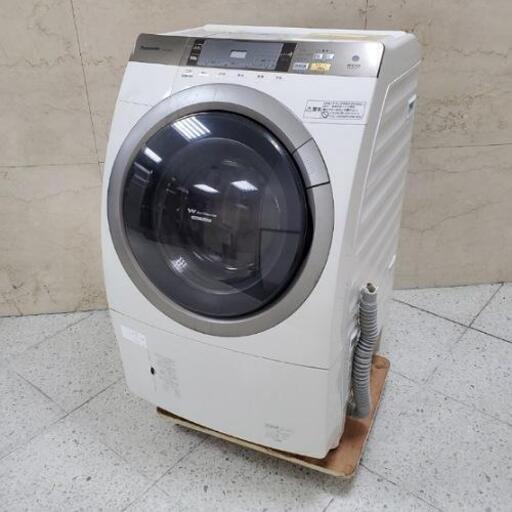
新入荷再入荷
【送料込】桐生一馬モデル Super Groupies スカジャン 龍が如く
 タイムセール
タイムセール
終了まで
00
00
00
999円以上お買上げで送料無料(※)
999円以上お買上げで代引き手数料無料
999円以上お買上げで代引き手数料無料
通販と店舗では販売価格や税表示が異なる場合がございます。また店頭ではすでに品切れの場合もございます。予めご了承ください。
商品詳細情報
| 管理番号 | 新品 :17214191 | 発売日 | 2024/06/16 | 定価 | 23,000円 | 型番 | 17214191 | ||
|---|---|---|---|---|---|---|---|---|---|
| カテゴリ | |||||||||
【送料込】桐生一馬モデル Super Groupies スカジャン 龍が如く
定価28,600円状態:3回程度着用、しまい込んでいたのでシワがかなり付いていますが、その他の状態は良いと思います。サイズ メンズMサイズ着丈65cm、前身頃57cm、身幅58cm、袖丈81cm、後見頃70cm袖丈が元々長めです。こちらの商品は即購入していただいて構いません。品ということをご理解の上ご検討ください。#龍が如く#桐生一馬#スカジャン#SuperGroupies商品の情報カテゴリー : メンズ > ジャケット/アウター > スカジャン商品のサイズ : M商品の状態 : 目立った傷や汚れなし発送元の地域 : 大阪府




































![iPhoneSE 第3世代[64GB] au/UQ MMYE3J PRODUCTRED【安心保証】](https://auctions.c.yimg.jp/images.auctions.yahoo.co.jp/image/dr000/auc0403/users/f96c244be015d18b556d81f483c6cf0779df26ab/i-img568x653-1678821079zkk6ln174142.jpg)







